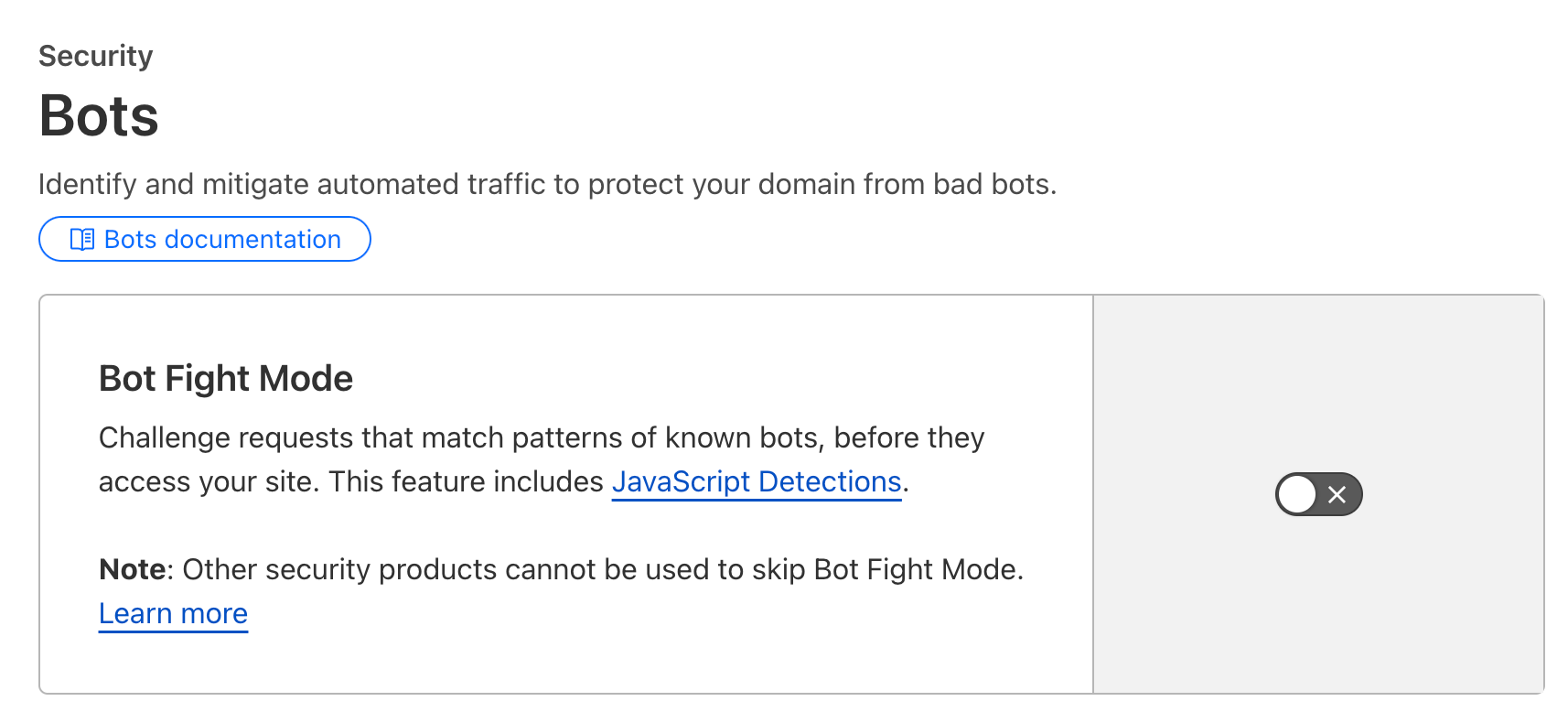Week 11, 2025 - Structure and Freedom

I missed the regular Friday launch of this newsletter. Work is picking up, and the conversations I’m having are inspiring and rewarding — but draining my creative energy.
A few days ago, someone took the effort to thank me profoundly for a positive feedback I gave, and this experience triggered a thought about praise, and how it’s often taking the backseat from the often-discussed “constructive feedback” topic. Sure, it’s hard to criticise someone effectively, but it doesn’t mean that the flip side of it, telling someone they did well, is easy — while the impact of reinforcing feedback can be even bigger when done well. I wrote about how I see this in my latest article How to Praise.
This week, I had a great group coaching experience, thanks to the Budapest Leadership Lab. The organizers magically created instant psychological safety for a small group of largely strangers, enabling a collaborative problem-solving environment to participate in and learn from for everyone. I walked away with concrete ideas, techniques and tools to use in the future – and the rewarding feeling that my thoughts helped someone in need.
📋 What I learned this week
A friend pointed out that links shared from my site on Slack stopped displaying previews. Back when I had a weird signup spam attack, I blocked scripts from accessing that specific API endpoint, but besides this, as a secondary defense measure, I enabled Bot Fight Mode on Cloudflare too.

Kind of a no-brainer in hindsight that this prevented any server-side service processes from accessing my site, so they couldn’t download Open Graph data either, resulting in no previews on Slack and other platforms. It’s turned off now, and previews are working again. Phew!
Side note: It seems like exotic browsers are also considered bots according to Cloudflare.
The Project Context is an amazing tool in Claude AI. As you might know by now, I have a weekly Engineering Management challenge newsletter on Substack. After seven episodes, I wanted to run an experiment to see if an AI could produce these posts. I have a long-running project in Claude where I brainstorm ideas for articles. This project has a huge context, including my previous posts on peterszasz.com, my leadership values, my strengths, even my CV. The goal for me was to create a comprehensive context that can influence the LLM in directions that are aligned with who I am and what I believe in.
I added the previous 7 posts as PDFs to this project context and wrote a banally simple prompt, expecting to see Sonnet 3.7 struggle with the task:
Create a draft for Lead Time Crunch #8That’s it: no directions, no further context, no structuring guidelines, nothing.
The results blew my mind first. Claude picked up even the smallest details from the series, adjusting the date for the Thursday when I would launch, even recognising the pattern of names I choose in my stories being alphabetical, and naming the next protagonist accordingly. The first draft of the article was great on the surface, and I had a mixture of shock, awe and fear: Why do I spend hours every week to write these posts when an AI can spit out the same in seconds?!
However, the second look was more sobering.
The article on the surface looked misleadingly good, but digging deeper broke the illusion on some parts. There were aspects that I think were useless (eg: the details of the performance decline) or even potentially harmful (asking for how long someone will struggle rarely helps). At the same time, other critical approaches were missing (around execution, team safety, privacy, etc.). While some parts of the draft were great to use even verbatim, there were areas I needed to seriously rework, edit, or extend.
I learned the following from this experience:
- LLMs are great for a first draft, but you will need more control, discipline, and determination to stick to your original plan and what you want to say because the temptation is high when you have a shiny draft in front of you.
- Similarly, it’s easy to be misled by nice-sounding phrases — and there’s a huge risk of leaving out important stuff.
- Context matters. The quality of this draft was subtly influenced by all my previous (non-LLM-assisted) writing and information about my leadership style. I ran some experiments asking the same task without this depth of context, and the results were more generic, weighing towards common sense than how the LLM with the bigger context approached the challenge.
- I was afraid that relying on an LLM would take away the thinking / structuring benefit of writing, but that didn’t happen: having to critically review a draft, paying attention to misleading details, and finding the overlap (and misses!) compared to my beliefs was a stimulating mental exercise.
I feel like I’ll continue experimenting with LLM assistance, but I should be mindful of these risks.
For reference, here’s my discussion with Claude and the final article.
🤔 Articles that made me think
What should we do about teens using AI to do their homework?
A podcast episode walking around the topic of AI in education. Interesting perspective from a self-proclaimed “cheating” teenager, teachers comparing this to the Wikipedia moment, arguments about the fundamental problems with English education, and other perspectives — but for me, the part that stuck was the thought about what writing is about. How writing is a form of thinking (and feeling!), and that it’s supposed to feel like a struggle. The value of writing for the author is this process itself, so if we use a tool that gives us the result without the process, we lose something significant. Interesting thoughts, underlining my lessons with Claude above.
Navigating the Unpredictability of Everything
Not a new article at all, but this is what I send over to anyone who’s struggling with decision paralysis, or just general anxiety about the fear of making the wrong actions. I had a chance to mention this to a friend this week, and, as it often happens, after sending over the link, I clicked on it and got lost again in all the spectacular failures of previous prediction attempts – and the techniques to navigate this uncertainty. I wish I could read this article again for the first time.
That’s it for today, give an authentic compliment to someone this weekend,
Péter